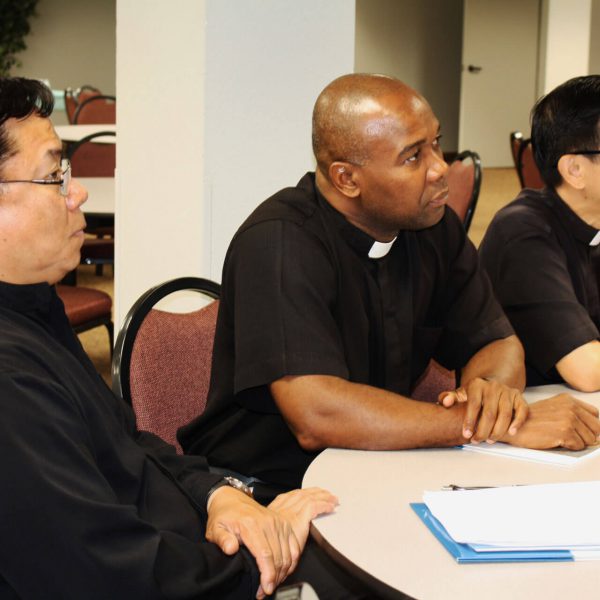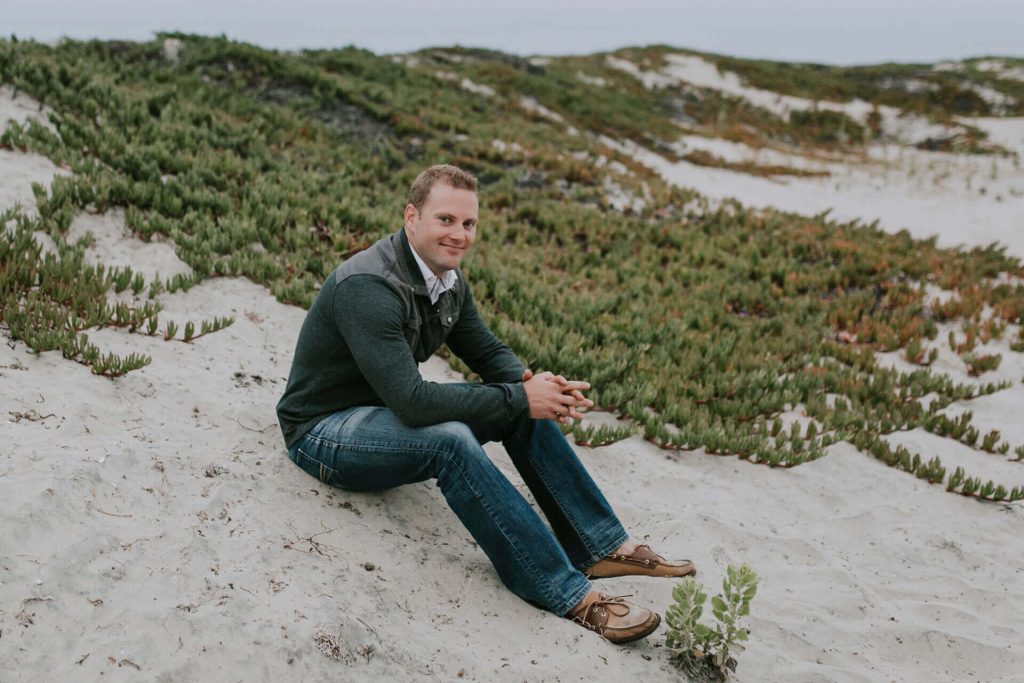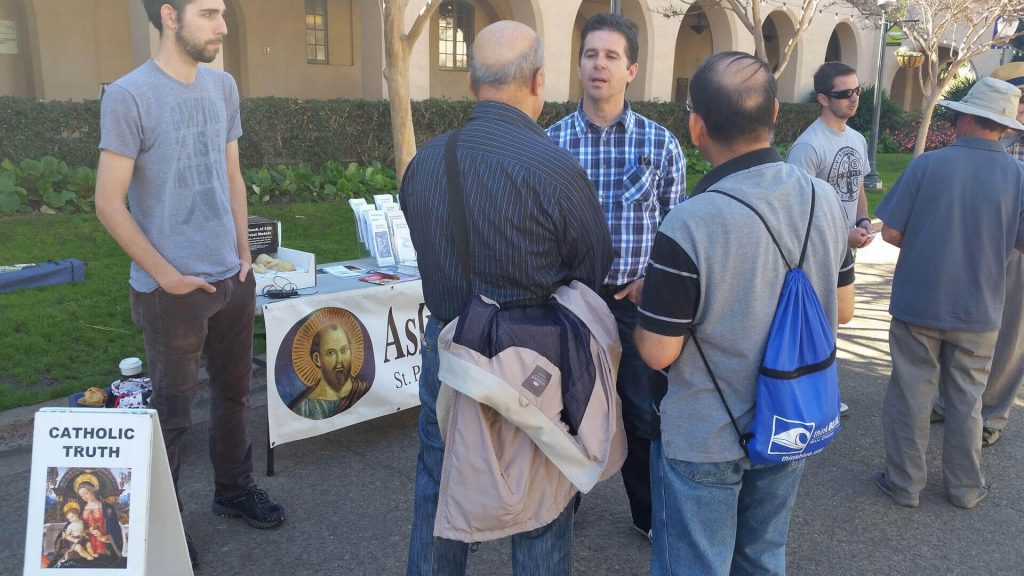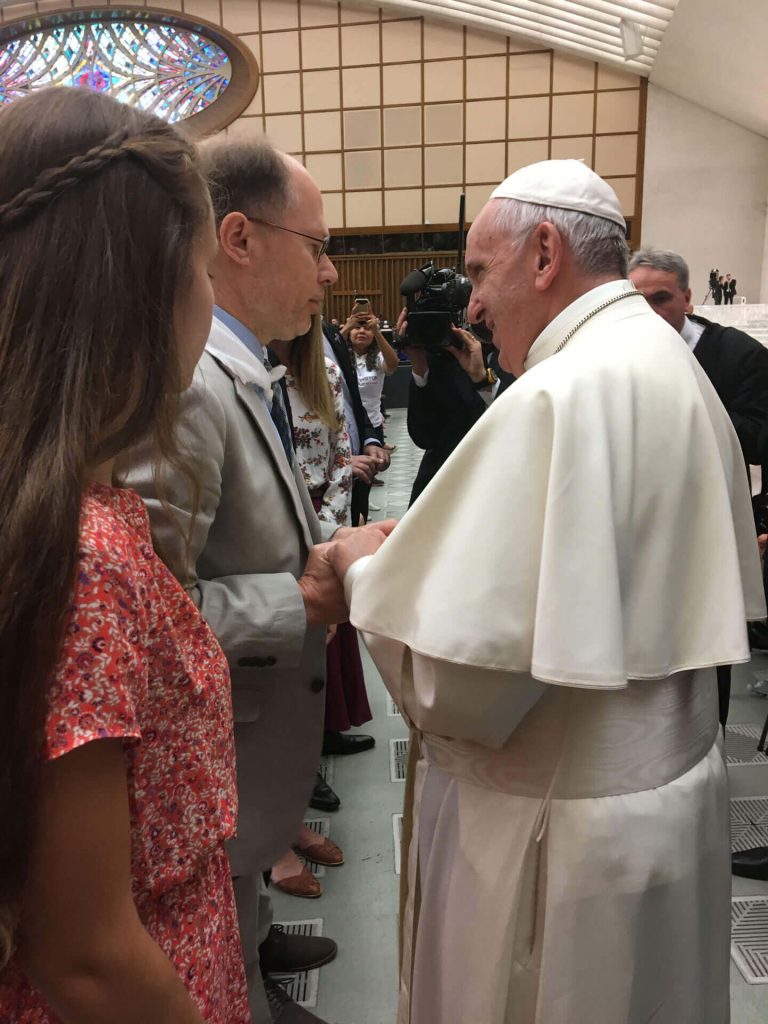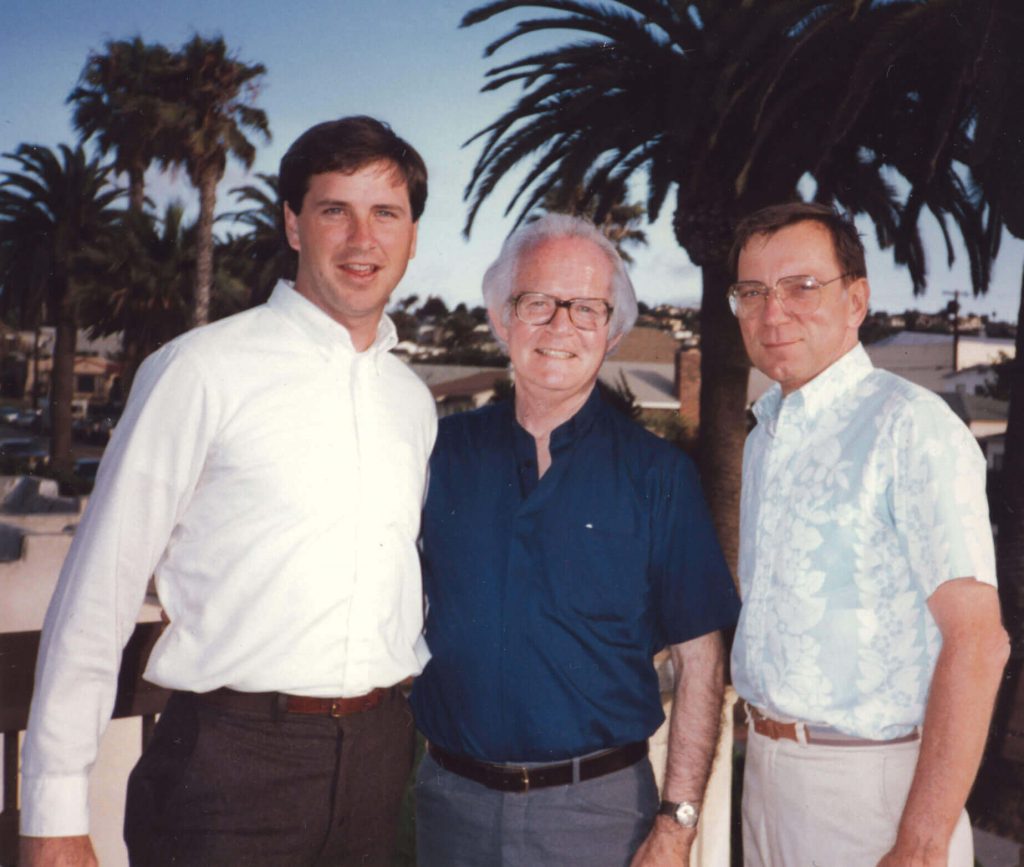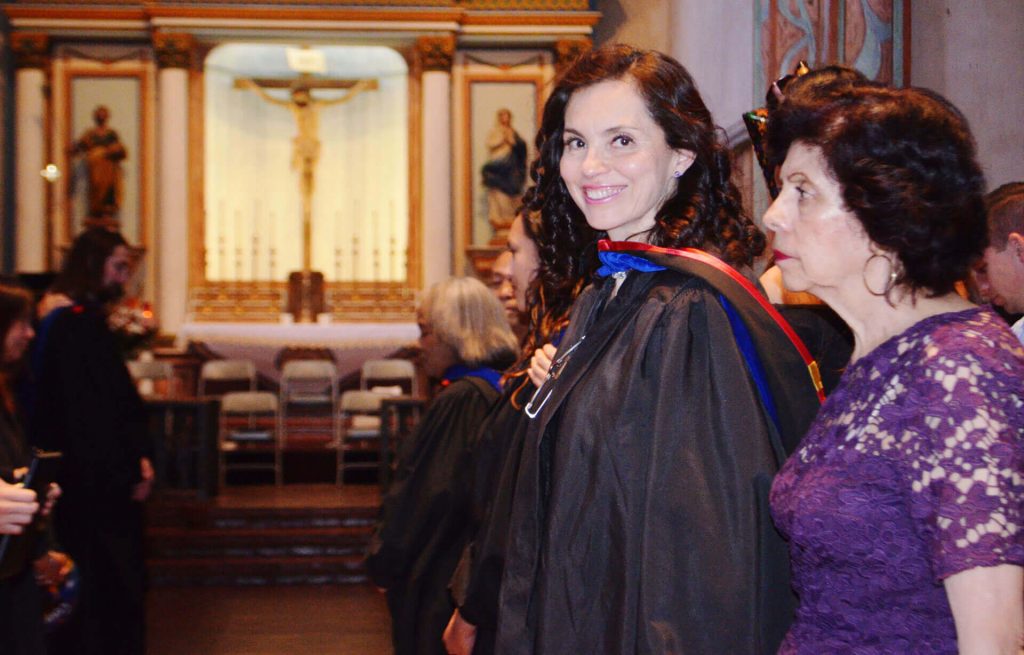“I am created in the image of God. … Because God loves me and made me, God never wants anyone to hurt me. No one has the right to hurt me and I do not have the right to hurt anyone else.”
That’s how first-graders are introduced to the “No-Go-Tell Program,” one of two programs the San Diego Diocese uses to keep its children safe from sexual abuse.
The programs are aimed at two groups: children and young people who attend diocesan K-12 schools or have regular contact with parish staff; and the adults who serve the youngsters, including volunteers.
The U.S. bishops called for the creation of these programs in 2003 in a “Charter for the Protection of Children and Young People,” their response to the revelations of widespread sexual abuse of children by priests and other clergy across the country.
In September of 2007, the diocese settled claims of sexual abuse for $198 million.
Ten years later, San Diego Bishop Robert W. McElroy said that keeping children safe is a priority at the diocese.
“The abuse of children was a devastating betrayal of our core values,” he said. “We remain profoundly vigilant to protect the most vulnerable members of our family. It is our responsibility as teachers and as Catholics.”
The effort to prevent child abuse is now embedded in the culture of the diocese, touching all departments.
The No-Go-Tell program instructs children in grade-appropriate language what to do if “anyone touches my body in a way that makes me feel weird, or uncomfortable or worried or scared.”
Its central rule tells them how to say “No,” where to “Go” to be safe and to “Tell” what happened to a trusted adult as soon as possible.
Youngsters participating in religious education at parishes also participate in this program, where it’s rolled out by catechetical ministers.
Posters and brochures promoting it are displayed prominently at all schools and parishes.
John Galvan, the director of the diocese’s Office for Schools, said the sex abuse scandals prompted San Diego’s Catholic schools “to hit reset” and reflect on what they do and how they do it.
He said this led to an effort to cultivate a school culture steeped in faith, highlighting the dignity of the human person, acknowledging “that all persons are made in the image of God.”
“That means we have a basic intrinsic respect for one another and for our community,” he said.
There’s simply no room for abuse in that culture, said Galvan, who has worked at several educational posts in the diocese for 25 years.
The bishops’ charter is the foundation for the two programs and the policies adopted by the San Diego Diocese to prevent abuse.
The diocese decided to engage secular experts to get independent perspectives as it developed the programs. The Chadwick Center for Children & Families, based at Rady Children’s Hospital, guided the diocese in setting up the No-Go-Tell program and developed the materials.
Lisa Petronis, a licensed clinical psychologist in private practice, assists individuals who believe they have been abused to obtain counseling and therapy.
In terms of current practice, any credible accusation of sex abuse of a minor is immediately reported to Child Protective Services and/or law enforcement. This includes allegations where the person is now an adult but the alleged incident took place when they were a minor. In all cases, whether the accuser was a minor or an adult, the diocese will urge that the accuser contact law enforcement directly.
Sadly, in some situations, too much time has elapsed between when the alleged incident took place and when it is reported to law enforcement to make a criminal case. In those situations, any allegation of sexual misconduct is investigated by a private investigator whose findings are submitted to the bishop and a review board to determine culpability and potential discipline.
“Any priest found to have committed sexual misconduct with a minor is automatically barred from ministry for life,” says diocesan Chancellor Rod Valdivia. “The Catholic Church’s position is unequivocal when it comes to this offense — we are not going to tolerate it.”
Another program, called Protecting our Children, focuses on all the adults at the diocese who have or can have ongoing, unsupervised contact with children and young people. These adults are required to undergo a background check that includes LiveScan fingerprinting.
This group includes all priests, deacons, seminarians, school teachers and staff, and diocesan and parish employees. Volunteers who work with youngsters must also undergo this level of screening.
Those fingerprinted are monitored continuously using FBI and U.S. Department of Justice databases. Any contact with law enforcement — such as a DUI or domestic violence charge — is reported to diocesan administrators. They, in turn, determine swiftly what disciplinary action to take, including dismissal.
The adult employees and volunteers are required to receive training on what constitutes sexual abuse of children and what they should do if they suspect it’s occurring. The training includes compelling videos that present real-life cases of abuse detected at Catholic schools and parishes across the country.
In the last year, the diocese implemented an online system, Catholic Mutual Group Connect, which integrates the screening and training elements, making it easier to track each employee’s compliance with these requirements.
The U.S. bishops audit every diocese annually to check for compliance to the Charter they adopted in 2003 and publish their findings in a report. Each year since auditing began, the diocese has been in compliance with its responsibilities under the Charter.
The diocese also requires all of its priests, deacons and seminarians to sign a Code of Ethical Standards for Church Ministers, which it developed in 2003 in response to the bishops’ charter.
The code spells out the general principles and ethical standards the ministers are expected to follow. It includes a section on “Ministry with Minors,” which clearly states what they should do and not do in their work. For instance, they are instructed to “maintain open, trustworthy relationships that are marked by personal integrity,” “Avoid any physical contact that can be misconstrued by either minors or adults,” and “Never offer minors overnight accommodations in rectories or other personal residences,” among other precepts.
Auxiliary Bishop John P. Dolan said these principles extend to online conduct, including email communication and texting.
“Be careful with how you use social media,” he told a group of priests new to the diocese last month. “There is absolutely no reason for you to ‘friend’ a minor.”
“As priests and as ministers of the Gospel,” Bishop Dolan said, “We have no higher responsibility than the protection of children and young people in our care.”

